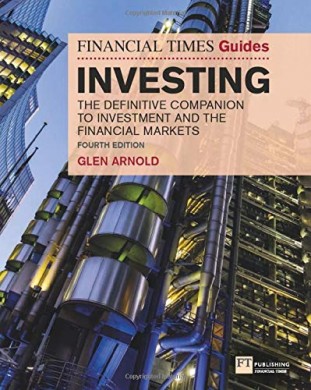
Hi Glen
Novice investor here with just a couple of general questions I wondered if you help me understand.
When the market crashes like this , where does all the money disappear to , surely it must end up somewhere an another asset somewhere. Also is the crash because people are selling or is it that they are not buying or both?
Thanks Pete
Hi Pete,
Real assets are things like houses or farmland. The assets we buy in the financial markets are claims. So, a share is a claim on future profits and dividends (put crudely).
Price is different to value.
What the market is doing is trying to value the future income accruing to the claimholder. Thus, if you own a company you are trying to figure what the future flows will be to you, the shareholder.
Then, because those moneys come in at various points in the future you discount them (i.e. £20,000 received in 20 years is not worth the same to you as £20,000 due in month – so you discount the 20 year flow more than the one month flow).
The market is continuously trying to estimate future flows and the correct discount rate to use. As a result it comes up with prices, through the buying and selling actions of market participants. Prices may reflect accurate the VALUE of future flows, or they may not.
Last week investors were content that future flows will grow at a nice rate and that equity investing was a fairly low risk activity (hence a low discount rate). This week, investors are far more fearful that (a) future cash flows will decline (b) that shares are very risky things. Hence investors have lowered PRICES.
We value investors have to consider whether the new PRICES are high or low relative to our VALUATION of companies (this depends on the cash flows generated by the business which, in turn, depends on strategic position, assets, quality of managers, operational and financial stability, etc).
Analogy: you buy a house because you have a family of six people. The VALUE of that house is the benefit of living there for 20 years and its sale price in 20 years (discounted to present). If one month after buying, the price of houses in your area fall by 20% have you lost money? Did anyone lose any cash because of the theoretical possibility of an estate agent now valuing your house at 80% of what you paid?
If your intention is to hold this asset and benefit fr
………………To read more subscribe to my premium newsletter Deep Value Shares – click here http://newsletters.advfn.com/deepvalueshares/subscribe-1


 Hot Features
Hot Features












